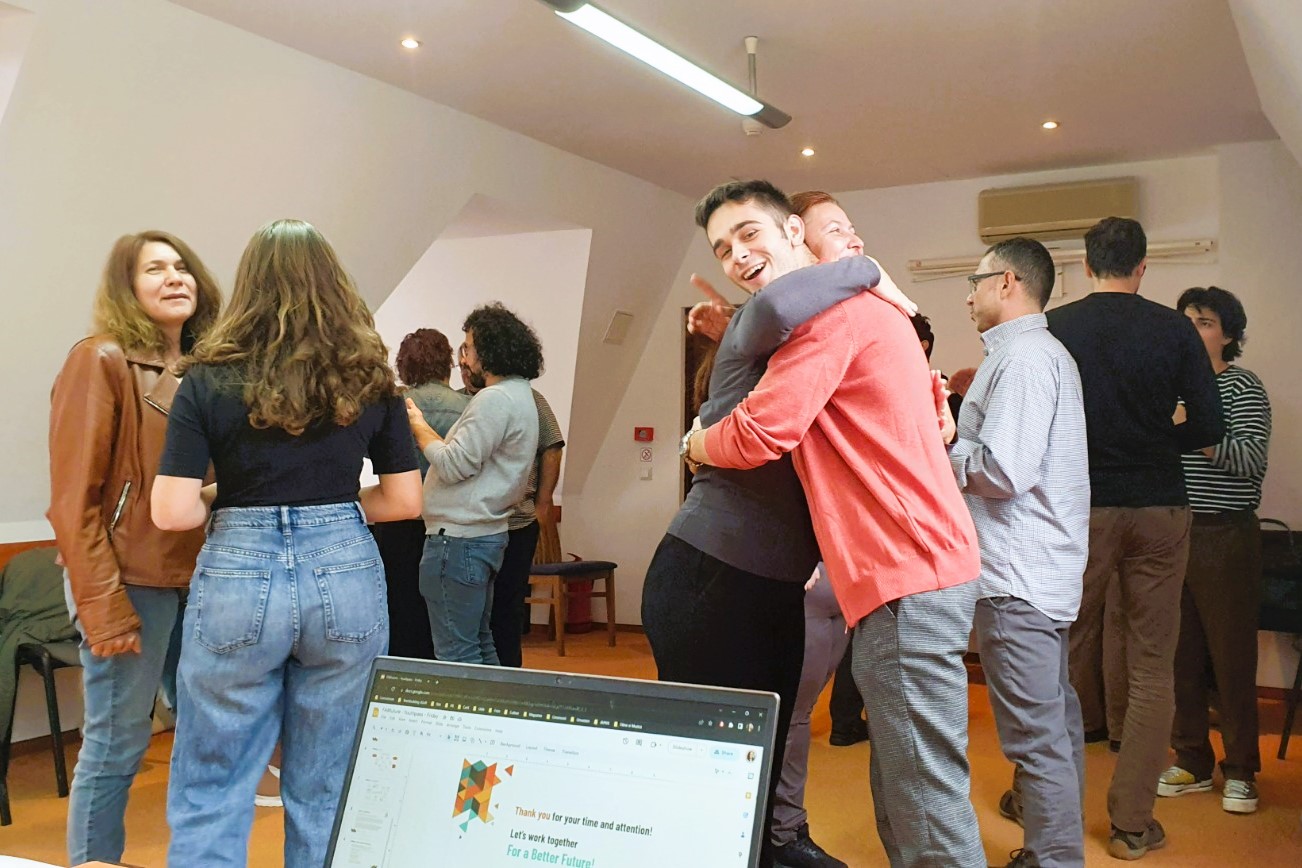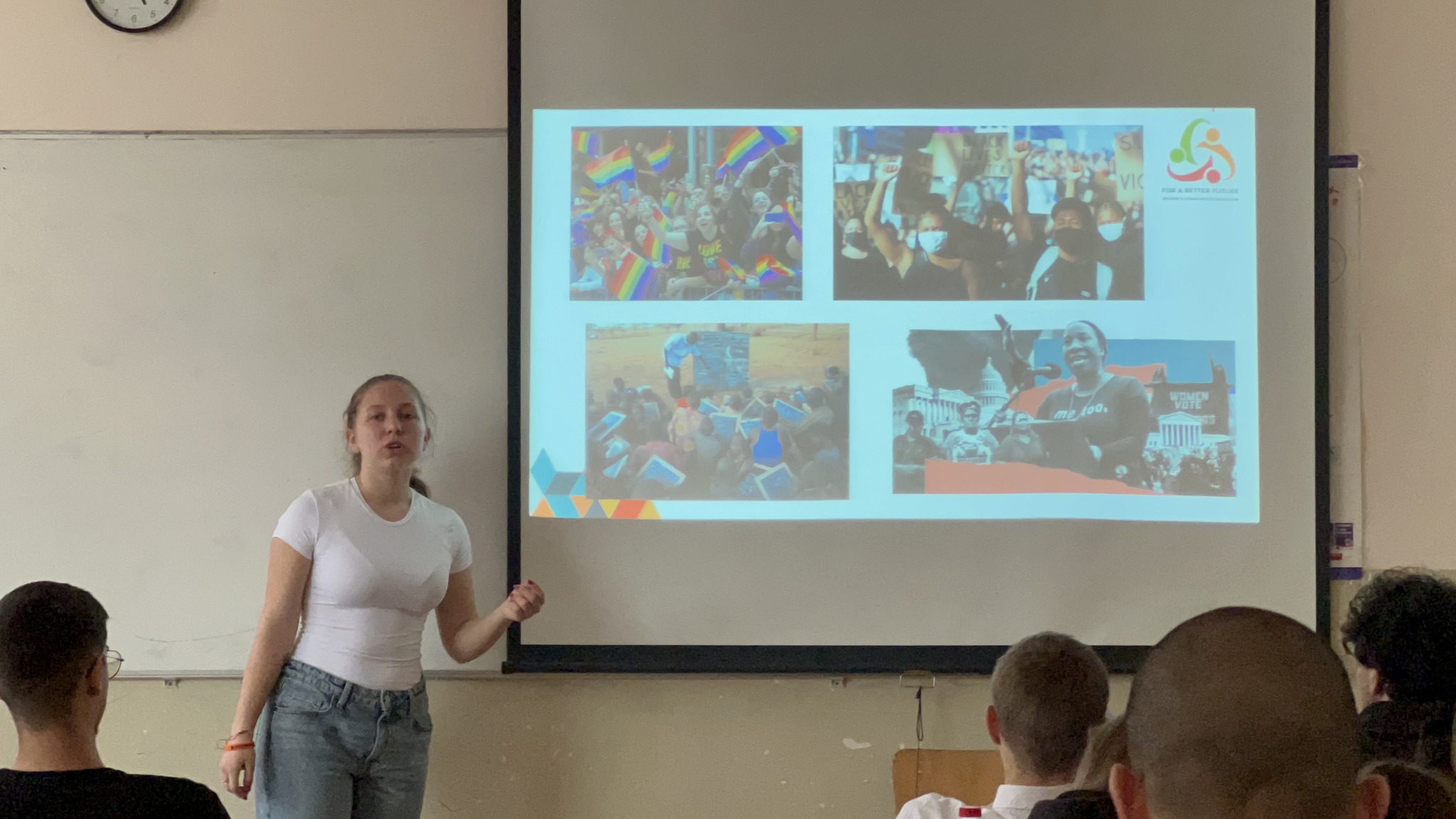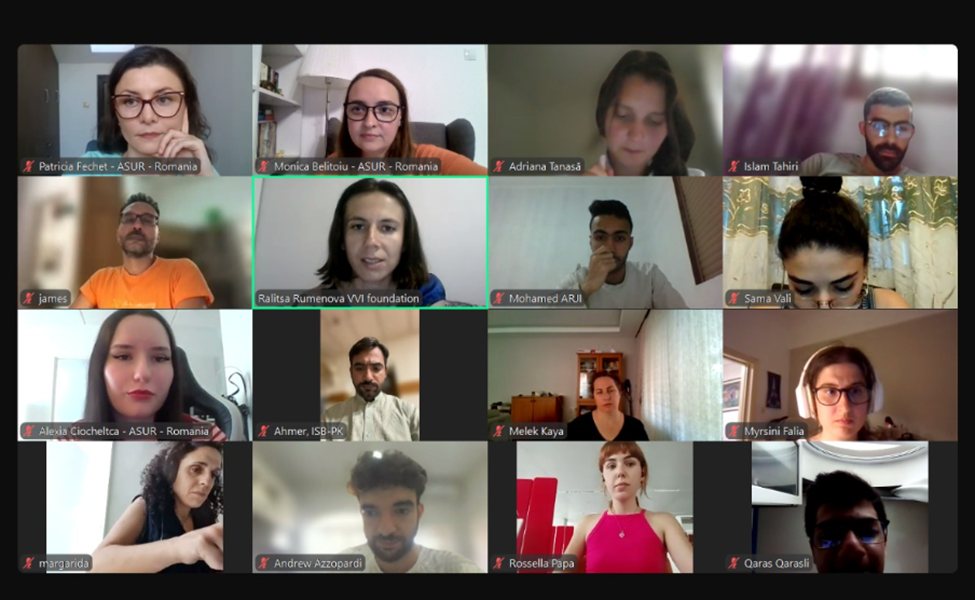For a better future - Training course for an integrated approach on science and human rights education

The project "For a Better Future - Training Course for an Integrated Approach on Science and Human Rights Education” is being implemented between May 2023 and September 2024 with the financial support of the Erasmus+ programme. The project is an initiative aimed at enriching the knowledge and skills of youth workers in the fields of science and human rights, distinguishing science from pseudoscience, combating misinformation, and advocating for human rights. NGOs from Romania (ASUR - Asociatia Secular-Umanista din Romania), Malta (Humanitarians Malta), and Bulgaria (Values, Virtues, Integrity Foundation) are working on the project.
The project aims to develop the skills of 15 youth workers from Romania, Bulgaria, and Malta in integrating science and human rights education through non-formal methods within 10 months. For the following 6 months, the project will encourage the critical thinking of 120 young people (aged 14 to 30) from the three countries on the topics covered in the project.
The first part of the programme, the training course for youth workers, took place in November 2023 in Sinaia, Romania. Afterwards, the project participants organized youth learning activities for young people in their communities. Through the activities carried out at the local level, they strengthened their training by applying the competences and knowledge they acquired during the transnational training course.
As a result of the project, a Guide to Good Practices for Youth Workers was prepared and translated into Bulgarian, English, and Romanian. In Bulgaria, it was presented on May 22, 2024, at the G8 Cultural Centre. The event was attended by representatives of various European NGOs actively involved in youth work. A special guest at the event was American professor Dr. William Bennet from the American Institute for the Polarities of Democracy, who shared his expertise on the topic. During the event, lively discussions were held, expressing enthusiasm and commitment from the youth workers. They left with a sense of social responsibility and were motivated to incorporate the topic into their work with young people.


The guide is valuable for anyone working with young people as it contains important information and practices in the fields of science and human rights. It details the interrelationship between science and human rights, as well as the ethical dilemmas associated with them. The manual includes advice and guidance that promotes critical thinking, the development of empathy, and social responsibility among young people, with a focus on how science contributes to the advancement and protection of human rights.
The guide is not only an informative document but also a practical tool for youth workers, offering concrete methods and approaches that can be applied in various contexts. In addition to these topics, the guide addresses the growing issue of disinformation and the spread of fake news, providing practical advice on how to avoid falling into these traps.
The final event of the project was a webinar to present the project's results, which took place online on July 10, 2024. The event brought together dozens of participants from four continents who gathered to discuss how science and human rights can transform youth education.



